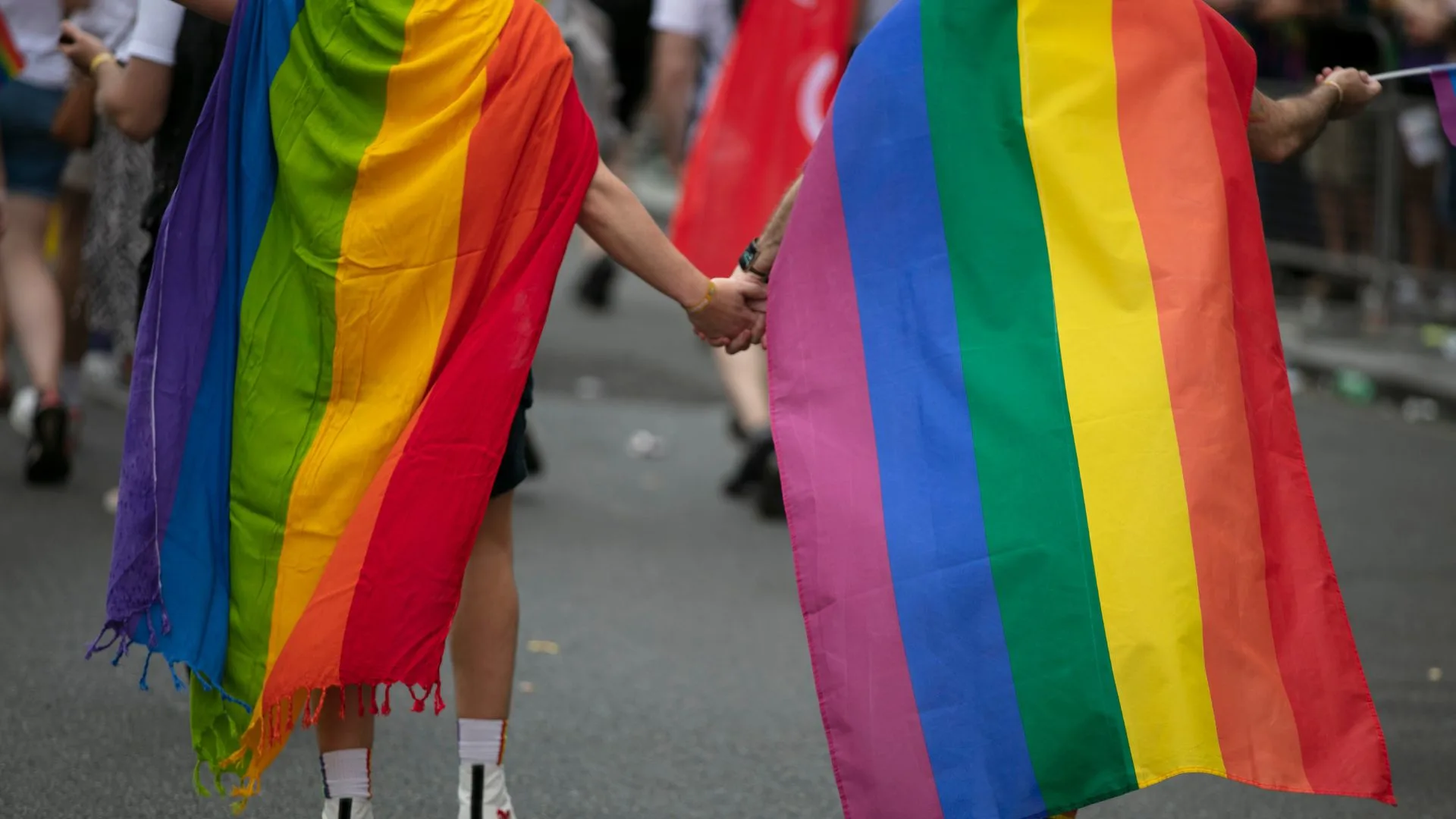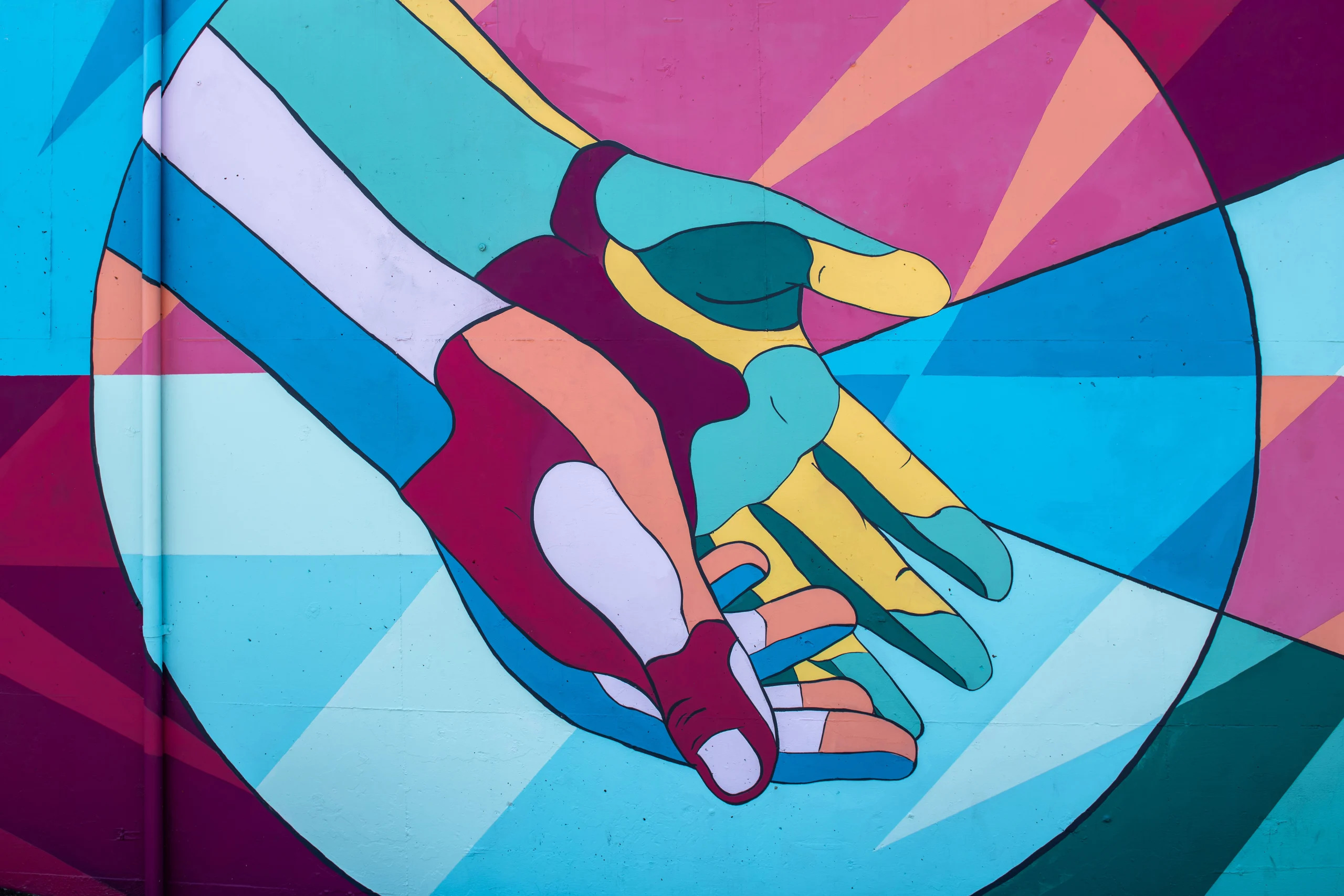Internalized homophobia refers to the self-directed stigma that individuals from the LGBTQ+ community may internalize based on societal prejudices against their sexual orientation or identity. This phenomenon manifests in various harmful ways, including self-loathing, denial of one’s sexual identity, and discomfort with one’s sexual orientation.
The importance of addressing internalized homophobia cannot be overstated, as it significantly impacts mental health and personal well-being. Recognizing and confronting these hidden biases is crucial for improving life quality and mental health outcomes among sexual minorities.
Here is what you’ll learn:
- Signs and Identification: How to recognize internalized homophobia within oneself.
- Impact Analysis: Exploring the effects on mental health, relationships, and overall well-being.
- Strategic Overcoming: Therapeutic approaches and community support.
- LGBTQ Therapy Space Introduction: Connecting with therapists who specialize in LGBTQ+ issues.
Ready to discover what internalized homophobia means and how to overcome it? Let’s explore!

Signs and Symptoms of Internalized Homophobia
Internalized homophobia represents a significant psychological challenge for many within the LGBTQ+ community, manifesting through various behaviors and thought patterns that negatively impact an individual’s mental and physical health.
Common Signs and Symptoms
Internalized homophobia can surface in numerous ways that are often not immediately apparent to the individual or their peers. Typical indicators include:
- Self-denial of Sexual Orientation or Identity: This may involve a person denying their true sexual orientation to themselves and others, often praising heterosexual relationships and lifestyles over homosexual ones despite personal same-sex attraction.
- Negative Feelings Towards Same-Sex Attractions: Individuals might feel shame, anxiety, or disgust towards themselves when experiencing same-sex attractions.
- Withdrawal from LGBTQ+ Community: According to Meyer IH, individuals experiencing internalized homophobia may distance themselves from the gay community and related social activities to avoid association.
- Fear of Affection in Public: A reluctance to show affection towards same-sex partners in public due to fear of judgment or discrimination illustrates the stigmatization internalized from societal norms.
You might also want to read about Coming Out As Gay To Friends And Family – A Guide.
Impact on Relationships and Personal Development
The effects of internalized homophobia extend deeply into interpersonal relationships and personal growth. Individuals grappling with internalized homophobia often encounter:
- Challenges in Intimate Relationships: The fear and shame associated with internalized homophobia can lead to difficulties in forming and maintaining close relationships. According to Frost DM, this often results in lower relationship quality and satisfaction, as measured by various indicators of relationship health.
- Increased Psychological Distress: The internal conflict and stress from hiding one’s true self to avoid social stigma can exacerbate mental health disorders, leading to increased anxiety, stress, and in severe cases, suicidal ideation.
Identifying and addressing internalized homophobia is crucial for the well-being and health of individuals within the LGBTQ+ community. Engaging openly in discussions about these experiences helps dismantle the stigma and prejudice that perpetuate internalized homophobia, paving the way for healthier interpersonal relationships and enhanced self-acceptance.

Psychological and Social Impacts of Internalized Homophobia
The psychological and social repercussions of internalized homophobia are both wide-ranging and deeply impactful.
Effect on Self-Image and Self-Esteem
Internalized homophobia significantly impacts an individual’s self-image and self-esteem, often leading to a negative perception of one’s sexual identity and inherent worth. This negative self-regard is not just confined to personal introspection but extends to how individuals perceive their standing within both the LGBTQ+ community and society at large.
Relationships and Social Interactions
Individuals suffering from internalized homophobia may find themselves withdrawing from intimate relationships or exhibiting distrust towards potential partners, driven by a fear of being fully ‘seen’ or rejected due to their sexual orientation. This withdrawal can lead to a cycle of loneliness and isolation, exacerbating feelings of depression and anxiety.
Interpersonal relationships, particularly within the context of queer or same-sex relationships, are frequently undermined by internalized homophobia. According to a study published in the Journal of Consulting and Clinical Psychology, internalized homophobia is linked with poorer relationship quality and lower levels of sexual satisfaction among same-sex couples.
Discover 5 Ways LGBTQ Couples Differ From Hetero Couples.
Physical Health
The negative effects of internalized homophobia are not limited to mental health; they also impact physical health. Chronic stress induced by ongoing internal conflicts and societal pressures can lead to physical symptoms such as insomnia, headaches, and gastrointestinal problems.
The long-term stress associated with internalized homophobia can contribute to chronic health issues like hypertension and cardiac problems, demonstrating a clear link between mental health issues and physical health outcomes.
By fostering an environment where sexual minorities can thrive without fear of stigma or negative social attitudes, we can improve not only individual lives but the health of the community as a whole. As research continues to evolve, both therapeutic practices and social policies must adapt to better support those affected by internalized homophobia.
Strategies for Confronting and Overcoming Internalized Homophobia
As we’ve seen, internalized homophobia can manifest in various harmful ways, affecting a person’s mental health, self-esteem, and interpersonal relationships. Confronting and overcoming these feelings is crucial for personal growth and well-being. Here are some strategies to overcome internalized homophobia:
Self-Reflection and Awareness Building
- Recognize the Signs: Understanding the symptoms of internalized homophobia is the first step toward addressing it. These may include shame about one’s sexual orientation, a fear of other people discovering one’s orientation, and a discomfort with same-sex attractions.
- Acknowledge the Impact: It’s important to understand how internalized homophobia can affect various aspects of life, including mental health, physical health, and intimate relationships.
- Educate Yourself: Reading about sexual orientation, identity, and the experiences of other sexual minorities can provide a broader perspective and diminish feelings of isolation and stigma.

Seeking Support and Resources
- Connect with Supportive Communities: Finding a community or a support group where one can share experiences and feelings can be incredibly healing.
- Professional Help: Therapeutic approaches like Cognitive Behavioral Therapy (CBT) have been shown to be effective in addressing the negative thoughts associated with internalized homophobia.
- Literature and Online Resources: There is a wealth of books and online articles that can offer guidance and insight. Organizations like GLAAD and the Human Rights Campaign provide resources that can help individuals understand and overcome internalized homophobia.
Therapeutic Approaches
- Specific Techniques: Techniques such as exposure therapy, which involves gradual exposure to sources of fear in a controlled and safe environment, can reduce anxiety and improve overall psychological well-being.
- Affirmation Therapy: This involves practices that affirm one’s identity and worth, which can be particularly powerful in combating internalized negative attitudes towards one’s sexual orientation.
- Mindfulness and Stress Reduction: These practices can help manage the stress and anxiety that often accompany internalized homophobia. Mindfulness can lead to significant improvements in mental health status among LGBTQ+ individuals.
Find more about the role of therapy in Can A Therapist Tell Me If I’m Non-Binary, Transgender, Or Gender Non-Conforming?
Overcoming internalized homophobia is a journey that involves self-reflection, seeking support, and sometimes professional intervention. Engaging openly in conversations about sexual orientation, identity, and mental health can foster a more supportive environment that encourages healing and acceptance.
The Role of Allies and the Community in Combating Internalized Homophobia
Allies play a crucial role in supporting individuals grappling with internalized homophobia. Their support can significantly ease psychological stress and improve the overall well-being of LGBTQ+ persons.
- Educate Themselves: Allies need to understand the complexities surrounding sexual orientation and the impact of internalized homophobia. Education helps allies avoid perpetuating stereotypes and reduces prejudice.
- Provide Emotional Support: A supportive presence that listens and validates the feelings of LGBTQ+ individuals can be profoundly impactful.
- Challenge Homophobic Remarks and Jokes in Social Settings: Allies can intervene in everyday situations where homophobic remarks are made, which helps to create a less tolerant atmosphere for discrimination and promotes a culture of inclusivity.
Community Resources and Support
Access to supportive community resources can empower individuals facing internalized homophobia by connecting them with others who share similar experiences and struggles.
- Community Centers and LGBTQ+ Organizations: Local community centers often offer counseling services, support groups, and educational workshops that are designed to support the mental health of sexual minorities.
- Online Forums and Social Networks: Online platforms can be invaluable resources for those who may not have physical access to supportive community environments. Websites like TrevorSpace offer moderated spaces where LGBTQ+ youth can connect, share experiences, and support each other.
- Professional Help and Counseling: Many community centers collaborate with health professionals specializing in LGBTQ+ mental health issues.
Allies, by being informed and proactive, can help reduce the stigma and prejudice faced by LGBTQ+ individuals. Meanwhile, community resources provide essential support networks and access to professional help, which are vital for overcoming the challenges associated with internalized homophobia. Together, these efforts foster a supportive environment that encourages healing, acceptance, and empowerment for those affected.

Embracing Healing: How LGBTQ Therapy Space Supports the Community
LGBTQ Therapy Space is dedicated to fostering a healing environment where every individual in the LGBTQ+ and queer-identified community can find understanding and support. Our network consists of a diverse group of licensed therapists including transgender, non-binary, gender nonconforming, bisexual, lesbian, and gay professionals. Each therapist is committed to providing affirming care that respects the identities and experiences of each client.
Mental Health Services We Offer
LGBTQ Therapy Space provides a comprehensive range of services designed to meet the needs of the LGBTQ+ community through a HIPAA-compliant online video platform. Our platform ensures that all client-therapist interactions are secure and private, addressing the need for confidentiality and ease of access. Our services include:
- Scheduled Sessions: Clients can book sessions at times that suit their convenience, with flexibility to accommodate different time zones and schedules.
- Billing Services: We handle all billing operations to ensure a smooth and hassle-free process for our clients, allowing them to focus fully on their therapy sessions.
- Specialized Therapy Modalities: From cognitive behavioral therapy (CBT) to affirmative therapy, our therapists are equipped with a range of techniques proven effective in dealing with issues such as internalized homophobia, depression, and anxiety within the LGBTQ+ context.
Call Us Today!
At LGBTQ Therapy Space, we believe that everyone deserves to live a life free from the negative effects of internalized homophobia and other mental health struggles. By integrating comprehensive care with flexible online access, we ensure that our clients can pursue their path to better mental health in a way that feels respectful, secure, and affirming. Get in touch today!




One Response
Spot on with this write-up, I truly think this web site needs far more consideration. I’ll probably be again to learn much more, thanks for that info.